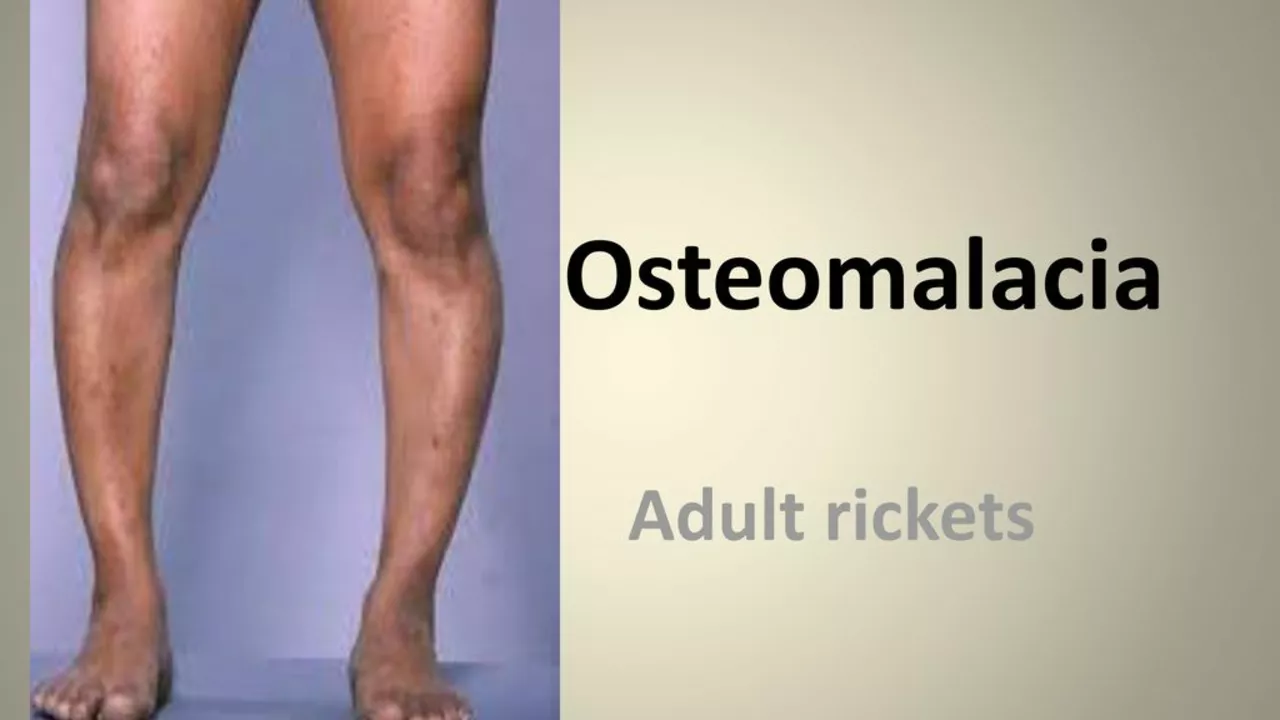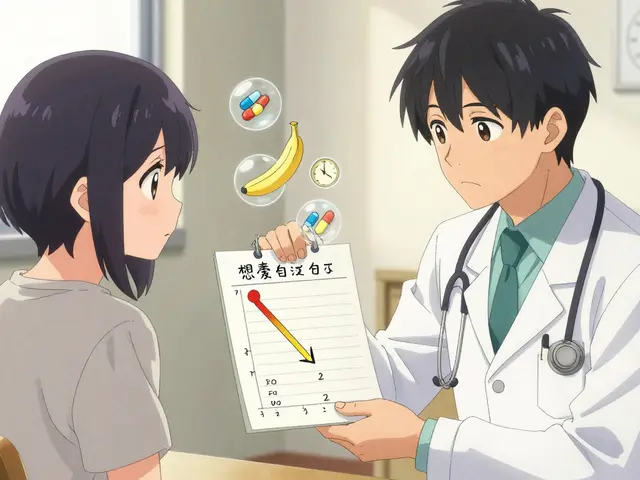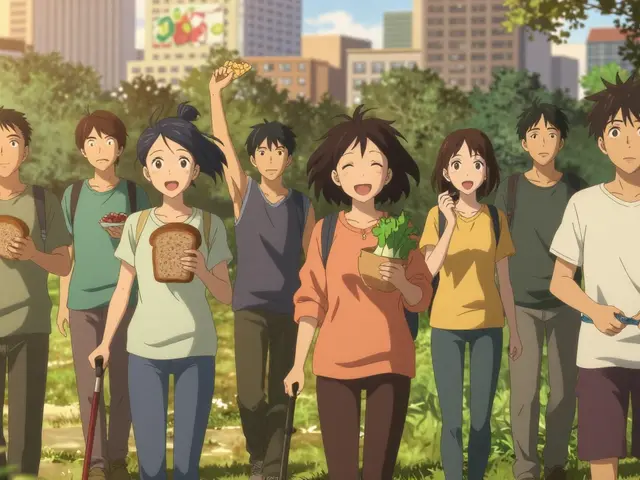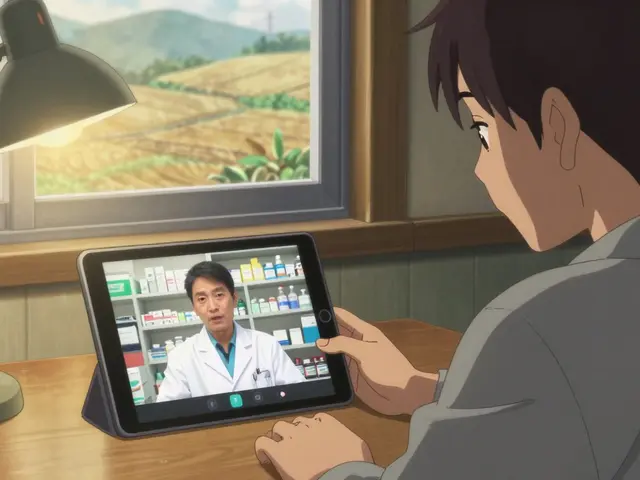Rickets: What You Need to Know About This Bone Condition
Ever heard of rickets? It's a condition where bones get soft and weak because the body doesn’t have enough vitamin D, calcium, or phosphate. This mainly affects kids because their bones are still growing. Without proper nutrients, their bones can become misshaped or fragile, leading to problems with walking, or pain in the legs and joints.
Vitamin D plays a key role here. It helps our bodies absorb calcium and phosphate from food, which are essential for strong bones. If kids don’t get enough vitamin D—either from sunlight or food—their bones can't grow right, which causes rickets.
Spotting the Signs Early
How can you tell if a child might have rickets? Look for these common signs: bowed legs or knock knees, delayed growth, pain or tenderness in bones, and sometimes even muscle weakness. Sometimes their teeth take longer to grow or might have defects. If a child shows any of these symptoms, it’s smart to speak with a doctor for proper diagnosis and testing.
Treating and Preventing Rickets
Treatment usually involves boosting vitamin D, calcium, or phosphate intake. This can be through diet, supplements, or more time in sunlight. Foods like fatty fish, eggs, and fortified milk are helpful. Doctors may recommend daily vitamin D drops for kids at risk. Simple changes like regular outdoor play can make a big difference in preventing rickets.
Remember, rickets is preventable and treatable. By making sure children get enough vitamin D and minerals, you’re helping their bones grow strong and healthy. If you’re worried about your child’s bone health or diet, don't hesitate to get medical advice—it’s the best way to keep them safe and thriving.

The Link Between Rickets and Other Health Conditions
In my recent research, I discovered an intriguing link between rickets and other health conditions. Rickets, a disease caused by vitamin D deficiency, isn't isolated in its impact. It's been connected to health issues like cardiovascular diseases, growth retardation, and even immune system disorders. It's a reminder of how interconnected our body systems truly are, and how a deficiency in one area can trigger a domino effect of other health problems. Remember, maintaining a balanced diet is key to keeping these issues at bay.
Continue Reading



